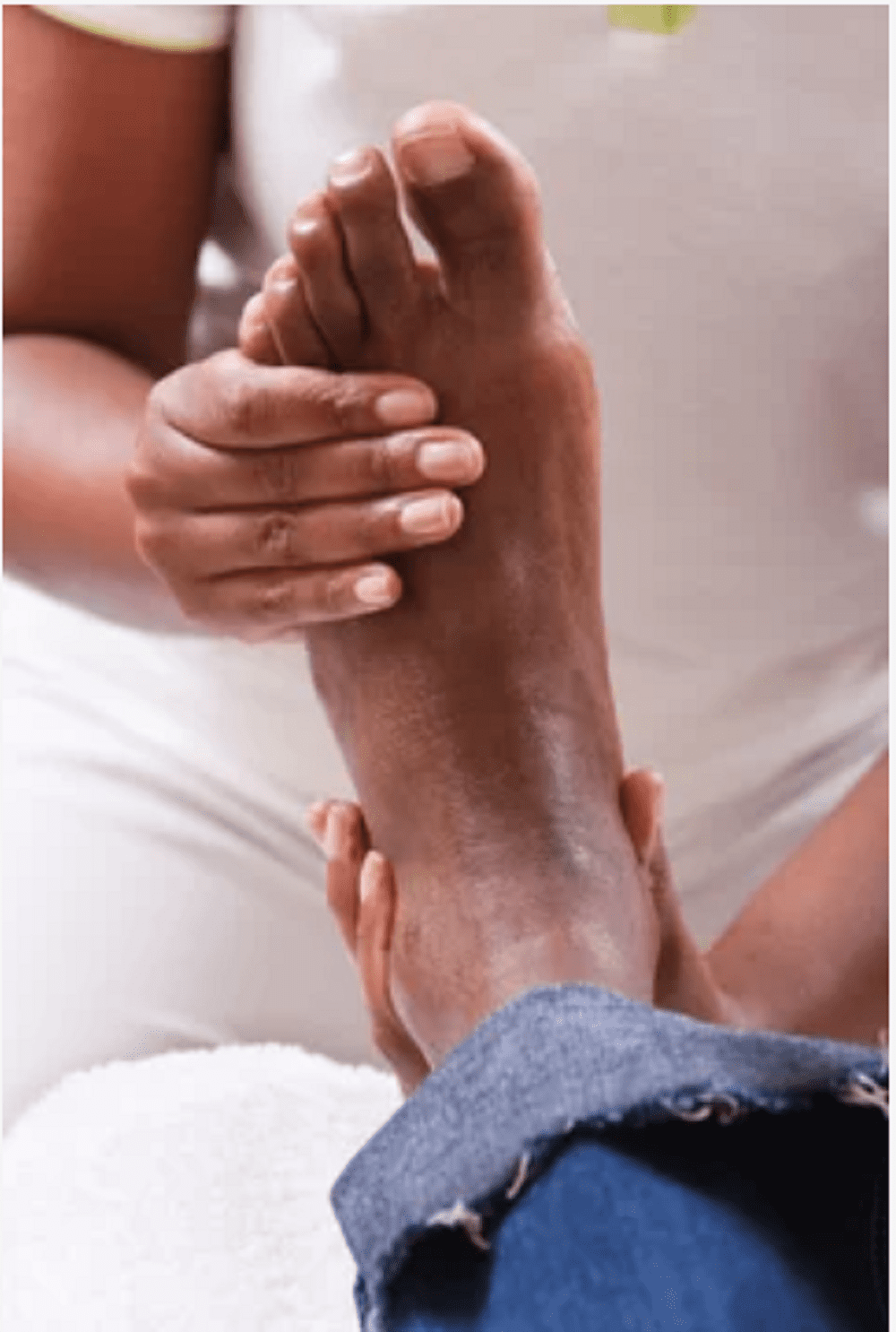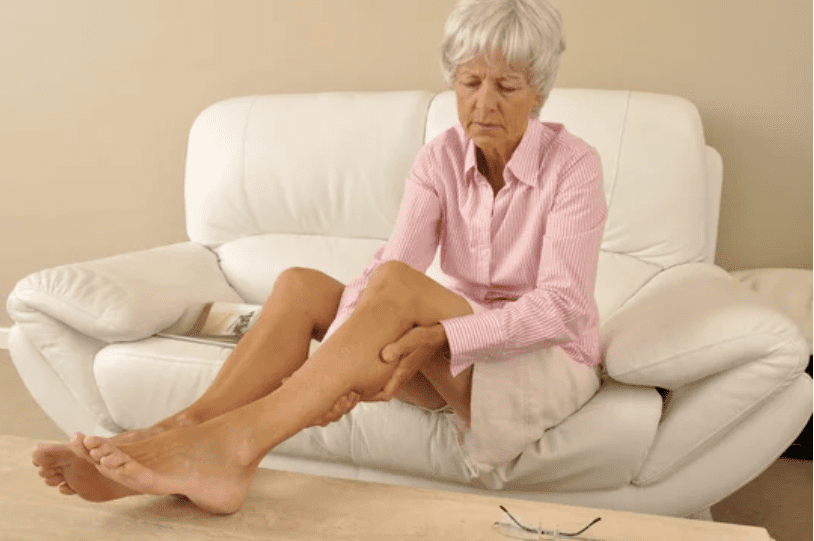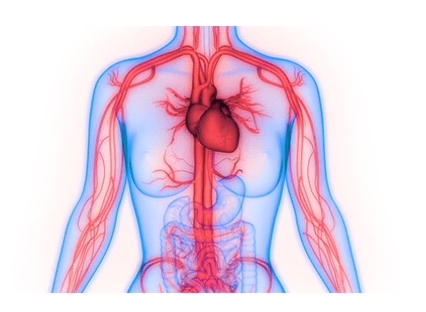
Your body is telling you something when you cannot catch your breath.

It's always a positive sign when something takes your breath away. But what if even simple chores, like as walking a block or ascending a flight of stairs, leave you gasping for air?
If you're always out of breath, your body may be sending you a signal that something needs to be checked out by a doctor. Dr. Oghenerukevwe Odiete, a Cardiovascular Interventionalist at PACE, encounters patients with shortness of breath on a regular basis. If you're worried about shortness of breath but don't know where to start, Dr. Odiete offers some tips to help you breathe more easily.
|
|
Q&A about shortness of breath:
Q: When patients initially come to you, what condition do they have?
Dr. Odiete: Depending on the intensity of the shortness of breath, it might range from mild to severe. It can affect day-to-day functioning and quality of life if it's severe. It's fairly unusual for folks to claim that even walking one block or ascending one flight of stairs creates breathing problems.
Q: Shortness of breath is caused by what variety of factors?
Dr. Odiete: Shortness of breath is a sign of serious causes, not a sickness in and of itself. Shortness of breath can be caused by a variety of factors, but it most commonly comes from a pulmonary (lung) or cardiovascular (blood vessel) issue (related to the heart).
Q: What are some of the underlying issues that cause shortness of breath that does not occur suddenly?
Dr. Odiete: It can be caused by pulmonary diseases that damage the airways, such as asthma or chronic obstructive pulmonary disease (COPD). Various forms of pulmonary fibrosis or pulmonary hypertension are less prevalent pulmonary causes of shortness of breath.
Q: Which gender and age group are the most frequently evaluated?
Dr.Odiete: We have a fairly balanced gender mix, but we are witnessing an increasing number of older people with respiratory problems. It's more difficult to figure out what's causing shortness of breath in older adults since they may have a variety of medical issues that contribute to respiratory problems.
Q: In the event of someone who has shortness of breath, what is the worst-case scenario?
Dr. Odiete: It all boils down to the root of the problem. When it comes to shortness of breath, it's critical to determine what's causing it. Because there is no such thing as a "shortness of breath medication," therapy is focused on the underlying cause, making proper diagnosis critical.
Q:When should people visit a doctor if they are feeling shortness of breath?
Dr. Odiete: Patients should be aware of the following symptoms:
- Pain or discomfort in the chest
- Experiencing dizziness or fainting during physical exercise Having difficulty breathing at night Significant or increasing fluid retention (edema)
- Coughing blood.
These are all signs that something severe is going on and that you should seek medical attention. The sudden development of the aforementioned symptoms need rapid medical attention. The sooner you discover anything, the better your chances of intervening before irreparable or increasing harm occurs.
We are just a call or click away. To learn more, book an appointment online or over the phone with PeachState Advanced Cardiac & Endovascular. We have several locations in Georgia: Newnan, Atlanta, & Griffin.
You Might Also Enjoy...


Should I be worried about my numb feet?

Can leg cramps be a sign of something serious?

Meet Dr. Odiete - PACE Cardiovascular Specilaist

Keeping your Vascular System Healthy


